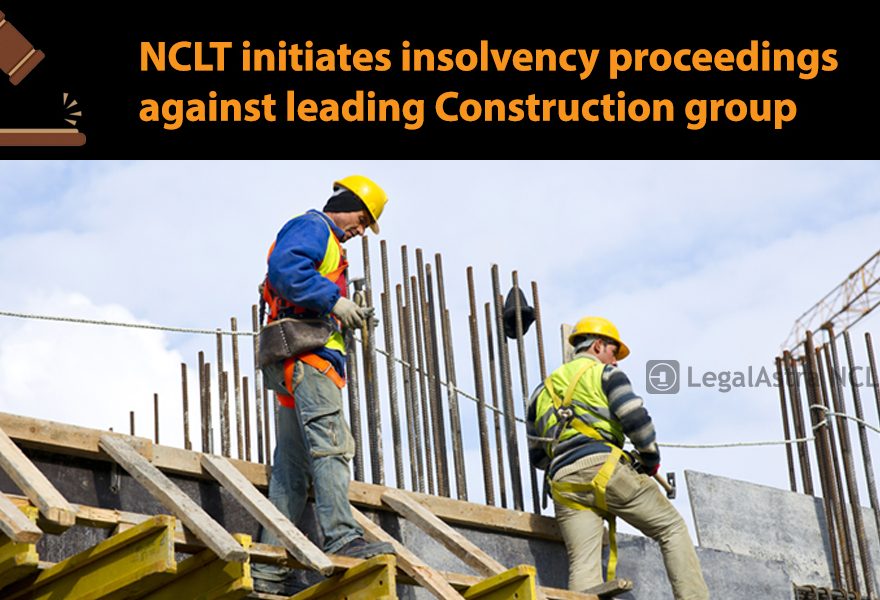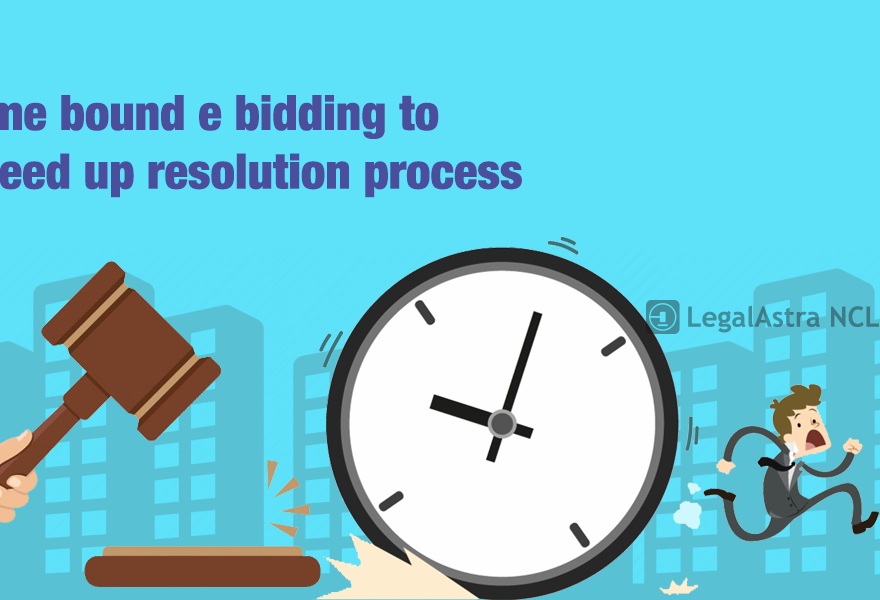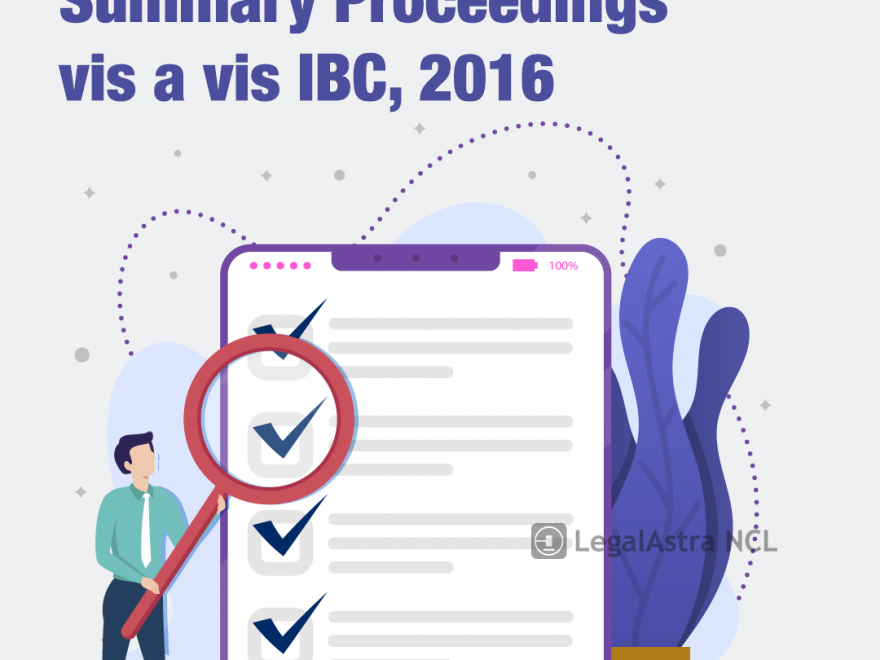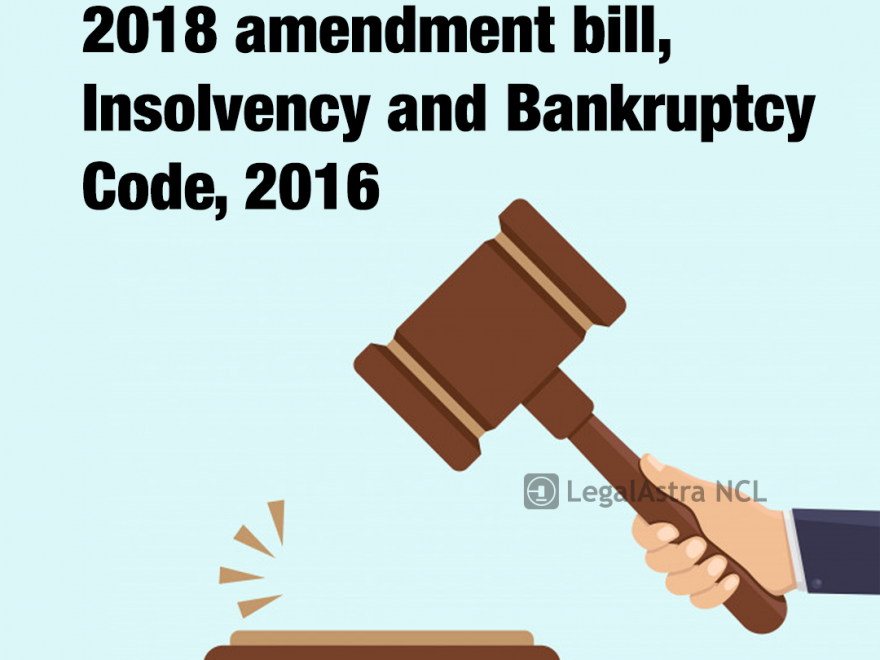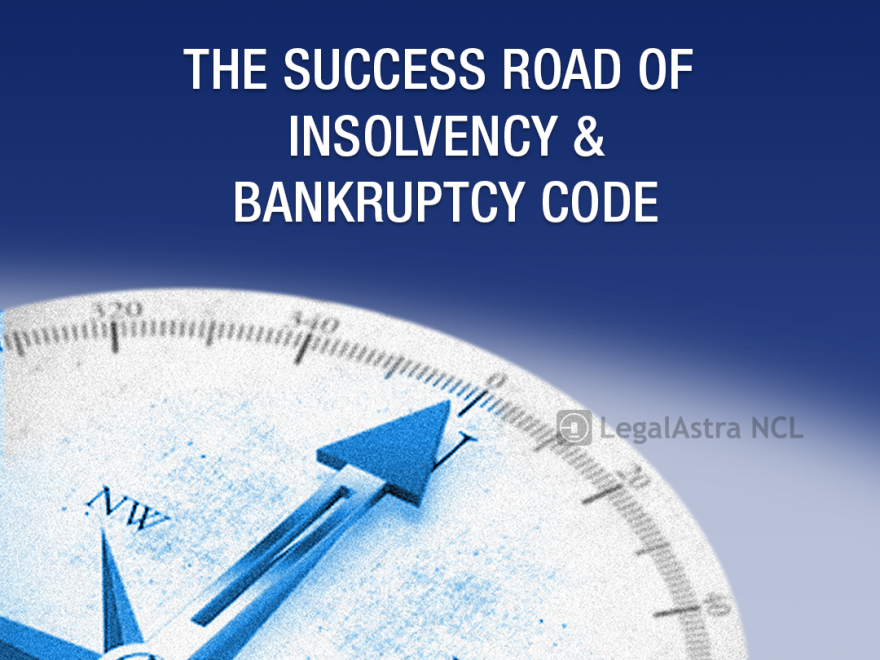With the amendments came a surge of landmark decision that was laid down by various levels of the Judiciary system with respect to the evolution of Insolvency and Bankruptcy Code. Right from the inclusion of a construed time period for Corporate Insolvency Resolution Process to a timeline provided for e bidding processes. This article will majorly deal with cases which


